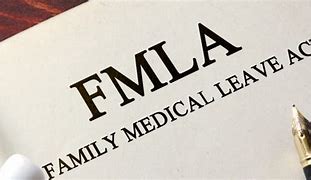
TAKE A GUESS
- By: David Prentice
What is a “reasonable” leave period under the Americans with Disabilities Act (ADA) and/or the Fair Employment and Housing Act (FEHA)? That is a question public employers face all too often, to their detriment. As an example, let’s review two cases which are the opposite faces of the same disability leave coin.
In an ADA case, the employer paid out a hefty settlement after allowing an employee to remain on disability leave for year, acting only after the employee was released to return to duty. After release from disability the employer discharged the employee. In the lawsuit that followed, Plaintiff, the Equal Employment Opportunity Commission (EEOC) argued that once the employee was able to return the employer was obligated to assess his abilities. The employer’s argument that the employee was no longer subject to ADA protection, having been off work for such an extended period, was rebuked by the court. Interestingly, the court did state that if the employer had acted during the leave period on the grounds that the period of leave had become unreasonable, they might have been in the clear.
In an FEHA case, the court considered similar issues. However, in this matter, the employer set time limits on the amount of leave offered for the stated disability. When the time limits expired, the employee was medically released from her employment. In this case, a court took the position that a jury verdict in the employer’s favor was supported by substantial evidence. The employer set reasonable limits for time off and released the employee when she was unable to return to work after that period had expired. The court found that FEHA does not require an employer to keep a position open indefinitely. [1]
Unfortunately, there is no formula for how long a reasonable or unreasonable a leave should be. The current state of the law under both the ADA and FEHA requires an assessment of each case on its own merits. In consultation with your employment counsel, assess a reasonable time and then assess the situation when that time has passed. If the employee is still unable to perform essential functions, then release may be in order.
[1] Price v. City of Sacramento (2022) Calif. Ct. App. No. C088482

